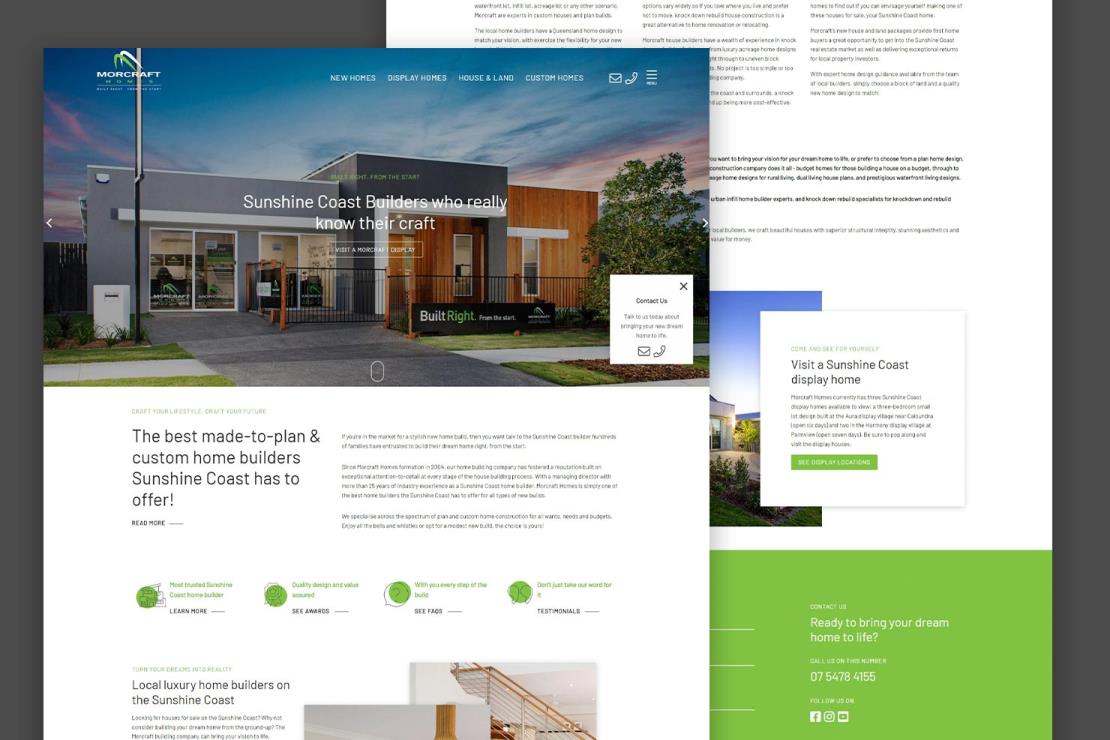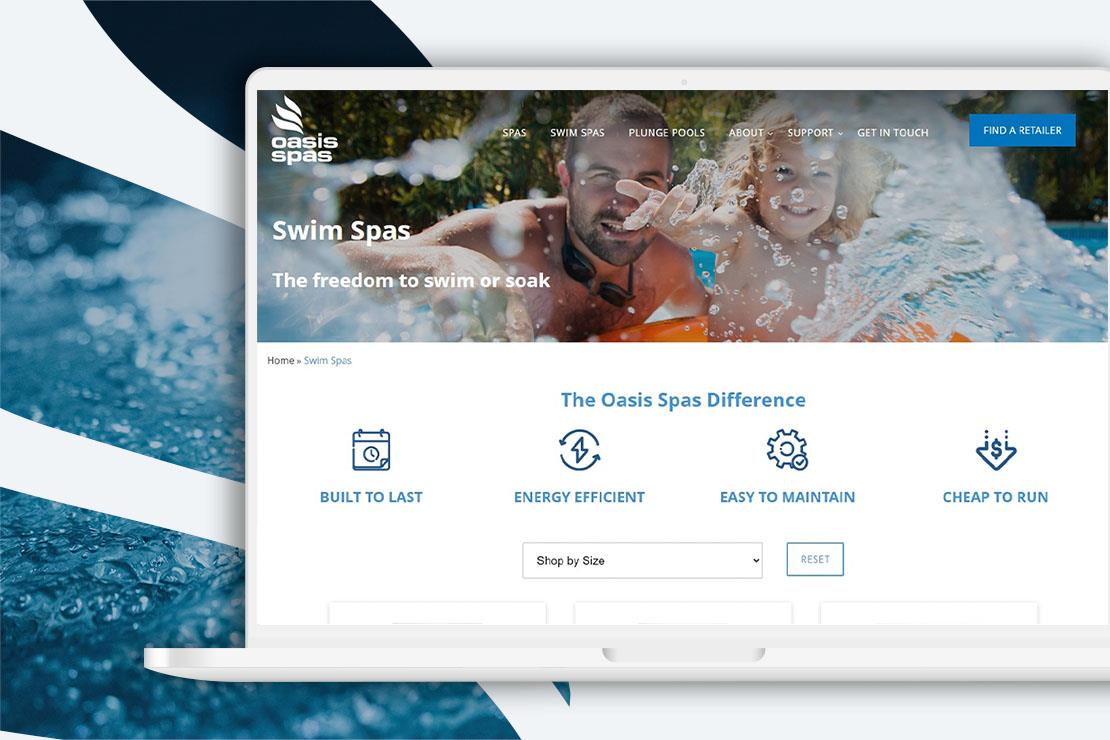Website code optimisation
If your website is slow, it will never achieve its potential.
Put simply, you can have the prettiest site in the world, but Google is going to penalise it for being slow. Be warned, this is a critical piece of the puzzle many web designers overlook.

Website speed optimisation
-
Core Web Vitals
-
Minimising scripts
-
Site and page caching


Website code optimisation
It's a simple concept that's not always easy to achieve. But it is critical to rankings.
Google wants two things from a modern website in order to rank it highly – informative content and premium user experience. Because of this, Google assesses how quickly your site’s pages load and it knows if it’s all too slow your visitors won’t like it … so it will put someone else’s site above yours in its organic search results.
To attain Google kudos for user experience you need legibility (i.e. pages that adapt to different devices so they are easily read) and, far more importantly, fast page loads. That's where having programmers who can optimise the code is essential.
This optimisation can vary, from simply compressing the contents to reduce the time it takes to transfer your website through CSS and JS minification, through to taking out specific elements entirely, replacing these with new functionality created to achieve optimal performance.
You can blog all you like to gain traction in generating more organic search traffic to your website, but if it loads slowly - or has related performance issues - you will suffer for it.
Not only will you be losing out on potential traffic due to Google penalising you with a lower search ranking, you'll struggle to engage those who do actually visit. That has a compounding effect, with more people bouncing off your site from the page they landed on and Google then further penalises your rank.
As faster pages both rank and convert better, clients who engage Kook to optimise their website code can benefit considerably from our expertise in improving page load times.
Google’s Page Rank Algorithm also goes beyond simply measuring how fast your page loads. There are also elements of the score dedicated to how elements might move around on the page as it loads (creating confusion for the user), called Cumulative Layout Shift. Another is how long it takes the largest area on the page to load and be ready for interaction, called Largest Contentful Paint. These scores are an indication as well of how well a customer will experience a site.
How do I measure my website's page speed?
Google makes it easy for you to analyse the potential for improvement of a website’s speed. If you don’t already know your own website’s scores, using the PageSpeed Insights tool. Type in your URL to receive your scores along with a user experience ranking – “good”, “needs work” or “poor” – and recommendations for improvement based around hosting server configuration, image optimisation, HTML structure, JavaScript and CSS.
If Google suggests your site needs work or has a poor user experience, it’s essential to act. Unless you truly know what you’re doing, however, you may find it’s not a straightforward DIY exercise; if HTML, JavaScript or CSS are foreign to you, or you’re unsure where to start in terms of optimising images for faster load times, you’re definitely best to seek professional assistance.
